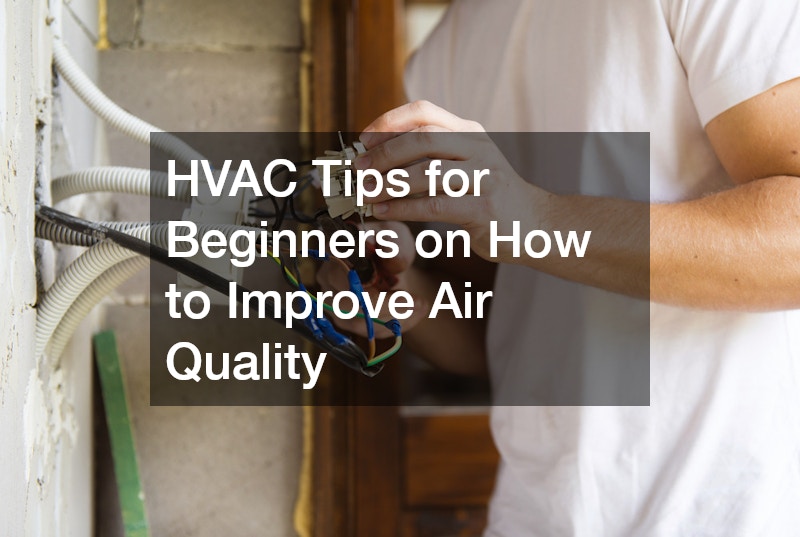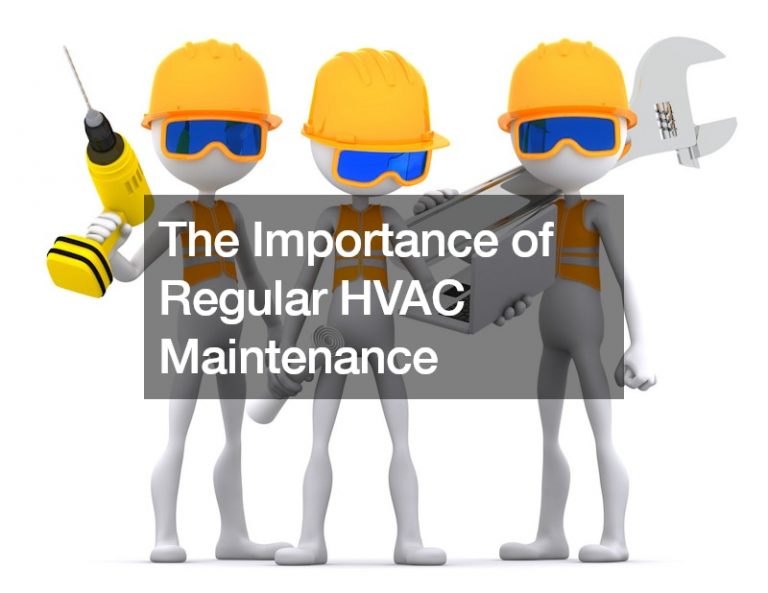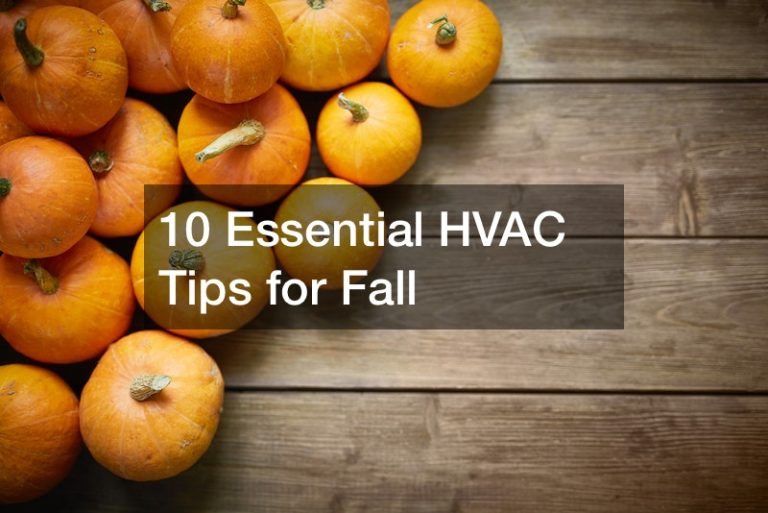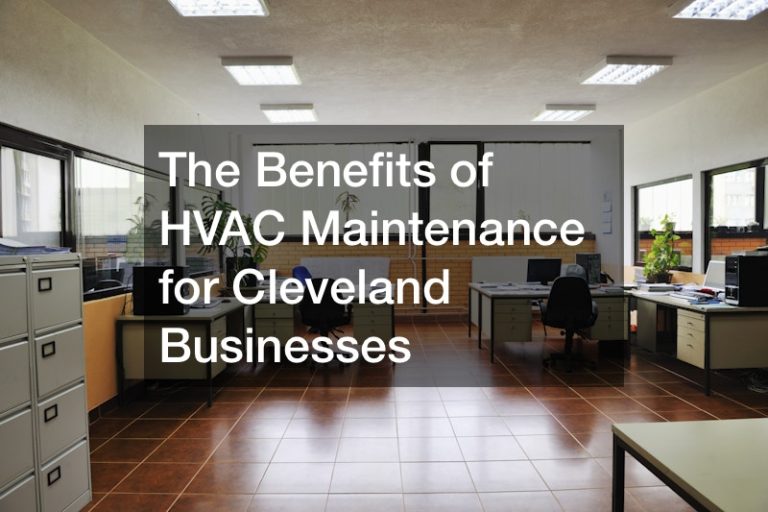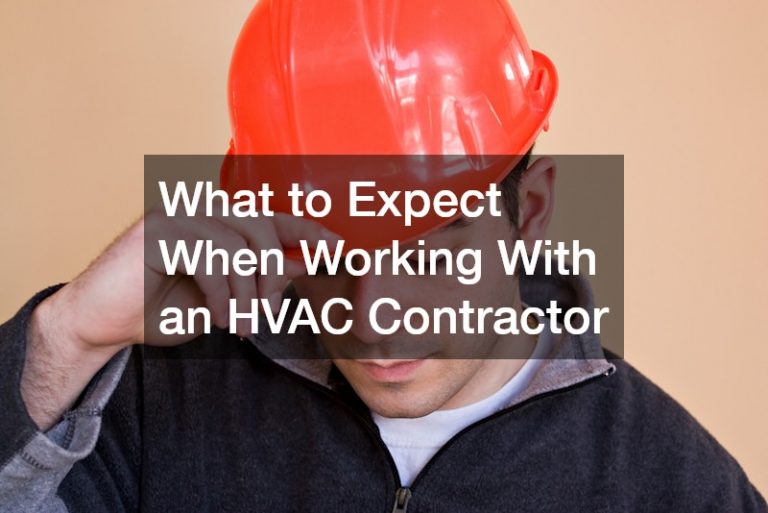Ensuring the proper maintenance and functioning of your HVAC system is crucial for maintaining both the comfort and safety of your home. Regular HVAC maintenance can help you avoid unexpected breakdowns, extend the lifespan of your system, and reduce your energy bills. This comprehensive guide will provide you with valuable insights on various aspects of HVAC maintenance, spanning from basic tips for beginners to more advanced strategies. We will discuss the importance of regular HVAC maintenance, the significance of changing filters, using air purifiers, maintaining humidity levels, ensuring proper ventilation, and more. Whether you are a novice homeowner or an experienced individual, this guide will equip you with useful HVAC tips for beginners and seasoned users alike.
Importance of Regular HVAC Maintenance

Regular HVAC maintenance is key to avoiding costly HVAC repairs. Many homeowners neglect routine maintenance, which can lead to the early breakdown of the system. By scheduling regular check-ups, you can catch small issues before they turn into major problems, saving both time and money.
One of the fundamental HVAC tips for beginners is to understand the importance of routine maintenance. This includes tasks such as cleaning the coils, checking refrigerant levels, and ensuring that all moving parts are well-lubricated. These steps can prevent common issues and enhance the efficiency of your HVAC system. Routine maintenance also includes checking for potential leaks and ensuring the thermostat is accurately calibrated.
Moreover, regular maintenance performed by HVAC professionals ensures that your system runs efficiently. This not only reduces energy consumption but also minimizes wear and tear on the components, extending the lifespan of your HVAC unit. HVAC companies offer various maintenance packages to help homeowners keep their systems in top shape. Scheduling these services can prevent emergency repairs and improve overall indoor comfort.
Changing HVAC Filters Regularly
One of the simplest yet most effective HVAC tips for beginners is to change the HVAC filters regularly. Dirty or clogged filters can severely impact the efficiency of your system, leading to poor air quality and increased strain on the unit. HVAC companies often recommend changing filters every 1-3 months, depending on the type of filter and usage.
Neglecting to change HVAC filters can lead to a plethora of problems, including frozen coils and reduced airflow. Regular filter changes can prevent these issues and ensure that your system operates smoothly. It’s a small investment that pays off in the long run by reducing the need for HVAC repairs and improving indoor air quality. Inadequate filtration also affects energy efficiency, leading to higher utility bills.
For those new to HVAC maintenance, start by identifying the location of the filters in your system. Consult your HVAC system’s manual or get in touch with a local HVAC contractor for guidance. Learning how to replace filters is an essential skill that every homeowner should have in their arsenal. Regularly updated filters also enhance the longevity of your HVAC system.
Using Air Purifiers With Your HVAC System
Integrating air purifiers with your HVAC system can significantly improve indoor air quality. Air purifiers work by removing contaminants like dust, pollen, and smoke from the air, which can be especially beneficial for those with allergies or respiratory issues. This is one of the valuable HVAC tips for beginners looking to enhance their home’s air quality.
Apart from providing cleaner air, air purifiers also reduce the load on your HVAC system. When the air is freer from particles, the filters in your heating and cooling system will last longer, reducing the frequency of necessary HVAC repairs and associated maintenance costs. Enhanced air quality also helps in preventing the accumulation of dust and debris in your HVAC system, which can otherwise lead to more frequent breakdowns.
Consult HVAC professionals to find the best air purifier compatible with your system. When faced with furnace repair or other system-related issues, integrating an air purifier can be an excellent preventive measure. Not only will it improve air quality, but it also enhances overall system efficiency. For beginners, working with HVAC companies to install and maintain air purification systems is a prudent step toward a healthier and more efficient home environment.
Maintaining Proper Humidity Levels

Proper humidity levels are essential for maintaining a comfortable and healthy indoor environment. Excess humidity can lead to mold growth, while too little can cause dry skin and respiratory issues. Utilizing HVAC tips for beginners to maintain optimal humidity levels can significantly improve your home’s comfort and air quality.
Local HVAC contractors often recommend using humidifiers or dehumidifiers in conjunction with your HVAC system. These devices help regulate indoor humidity levels, making the air more comfortable to breathe. When humidity is controlled, your HVAC system doesn’t have to work as hard, thereby extending its lifespan and reducing the need for frequent HVAC repairs. Proper humidity management also helps preserve wooden furniture and flooring, preventing warping and cracking.
For those unfamiliar with humidity control, it is advisable to consult HVAC companies or local contractors. They can guide you in choosing the right devices and provide tips on regular maintenance. Understanding the importance of humidity control is a fundamental aspect of effective HVAC maintenance, contributing to a healthier living environment and reducing energy costs.
Ensuring Adequate Ventilation
Adequate ventilation is crucial for maintaining indoor air quality. Without proper ventilation, indoor pollutants can accumulate, leading to health issues and reduced comfort. One of the key HVAC tips for beginners is to ensure that your home is adequately ventilated, especially in areas like kitchens and bathrooms.
HVAC installation should always consider the importance of proper ventilation. Poorly ventilated spaces can harbor harmful contaminants, including volatile organic compounds (VOCs) and mold spores. HVAC professionals can conduct a thorough assessment to determine if your ventilation system is adequate or if upgrades are necessary. They can also advise on the best solutions, such as installing exhaust fans or improving air exchange rates.
For beginners, starting with simple steps like opening windows and doors can improve ventilation. However, more complex issues should be handled by local HVAC contractors who have the expertise to develop comprehensive ventilation solutions. Regular ventilation ensures a healthier indoor environment and can significantly impact the overall efficiency of your HVAC system. Proper ventilation not only enhances air quality but also reduces the risk of respiratory problems and prolongs the lifespan of your HVAC equipment.
Sealing Leaks and Improving Insulation
Sealing leaks and improving insulation are critical steps in maintaining an efficient HVAC system. Drafty windows and poorly insulated walls can lead to significant energy loss, making your HVAC system work harder than necessary. Learning to identify and address these issues is one of the most valuable HVAC tips.
HVAC professionals often recommend an energy audit to identify areas where insulation can be improved. Sealing leaks around doors, windows, and ductwork can prevent heat loss in winter and keep the home cooler in summer. Investing in better insulation reduces the load on your HVAC system, thereby extending its lifespan and reducing the need for HVAC repairs.
For those new to home maintenance, starting with simple tasks like installing weatherstripping or caulking gaps can make a significant difference. More extensive insulation projects might require the expertise of HVAC companies or local contractors. Improved insulation and sealed leaks are fundamental components of efficient HVAC maintenance and can also contribute to lower energy bills, enhancing your home’s overall comfort and cost-effectiveness.
Using Low-VOC or VOC-Free Products

Volatile organic compounds (VOCs) are harmful chemicals found in many household products, including paints, adhesives, and cleaning agents. Using low-VOC or VOC-free products can significantly improve indoor air quality and reduce the strain on your HVAC system. This is one of the crucial HVAC tips for beginners aiming for a healthier home environment.
Local plumbers and HVAC professionals often recommend using low-VOC products to minimize indoor pollution. High levels of VOCs can cause respiratory issues and exacerbate allergies, making it essential to choose safer alternatives. Low-VOC products contribute to better air quality, which in turn reduces the load on your HVAC system, minimizing the need for frequent HVAC repairs.
For those unfamiliar with VOCs, starting with simple changes like switching to low-VOC paints or natural cleaning agents can be effective. Consulting with HVAC companies or local contractors can provide additional insights into safeguarding your indoor environment. Using low-VOC products is a significant step towards maintaining a healthier home and ensuring that your HVAC system operates more efficiently by reducing the amount of airborne contaminants it has to filter.
Cleaning and Maintaining Ductwork
Clean ductwork is essential for the efficient operation of your HVAC system. Dust, debris, and contaminants can accumulate in the ducts over time, leading to decreased airflow and poor indoor air quality. Regular cleaning and maintenance of ductwork are among the vital HVAC tips for beginners looking to optimize their system’s performance.
Plumbing contractors and HVAC professionals can help homeowners clean and maintain their ductwork. Regular duct cleaning not only improves the efficiency of your HVAC system but also reduces the risk of pollutants circulating throughout your home. This simple maintenance step can save you from significant HVAC repairs in the future.
For beginners, it’s essential to recognize the signs that ductwork needs cleaning, such as excessive dust, musty odors, or noticeable mold growth. Scheduling regular inspections with HVAC companies ensures your ductwork remains in good condition. Clean ducts contribute to better air quality, more efficient system operation, and a healthier living environment. Additionally, addressing ductwork issues promptly can prevent long-term damage and enhance overall system longevity.
Managing Indoor Plants
Indoor plants can be beneficial for improving air quality; however, they also require proper management to ensure they don’t impact your HVAC system negatively. Overwatering plants can lead to excess humidity, while accumulated dust on leaves can circulate in the air. Understanding how to manage indoor plants is one of the practical HVAC tips for beginners.
Repiping plumbing contractors often emphasize the importance of balanced humidity levels in homes with indoor plants. Installing dehumidifiers can help manage excess humidity, preventing mold and maintaining a pleasant indoor environment. Proper maintenance of indoor plants ensures that they enhance rather than hinder your HVAC system’s efficiency.
For beginners, choosing low-maintenance plants and ensuring proper watering practices can make a significant difference. Regularly cleaning plant leaves to remove dust and checking soil moisture can prevent problems. Partnering with plumbing contractors and HVAC professionals can provide additional insights into integrating plants without compromising system performance. Managed correctly, indoor plants can complement your HVAC system, improve air quality, and create a healthier living environment.
Addressing Common Indoor Pollutants

Indoor pollutants can significantly impact air quality and the overall efficiency of your HVAC system. Common pollutants include dust, pet dander, mold, and chemicals from household products. Implementing strategies to address these pollutants is one of the critical HVAC tips for beginners aiming for a healthier indoor environment.
Plumbing service repair professionals often recommend regular cleaning and maintenance to mitigate indoor pollutants. Routine tasks like vacuuming, dusting, and using air purifiers can reduce the levels of contaminants in your home. Maintaining clean air not only improves health but also reduces the strain on your HVAC system, which can prevent costly repairs and extend the system’s lifespan.
For those new to HVAC maintenance, starting with basic steps like regular cleaning and using low-VOC products can significantly enhance indoor air quality. Consulting with plumbing service repair experts and HVAC companies can provide personalized recommendations for your specific needs. Effective management of indoor pollutants is crucial for maintaining both a healthy living environment and an efficient HVAC system.
Regular HVAC maintenance is essential for ensuring the longevity and efficiency of your system. By following these HVAC tips for beginners and advanced users, you can significantly improve your home’s comfort and air quality. From changing filters and using air purifiers to managing humidity levels and addressing common indoor pollutants, each step plays a vital role in maintaining an efficient HVAC system. Whether you’re a novice or an experienced homeowner, these tips will help you avoid costly HVAC repairs and enhance your indoor environment. Remember, working with HVAC professionals and local contractors can provide additional support and expertise in optimizing your HVAC system.
